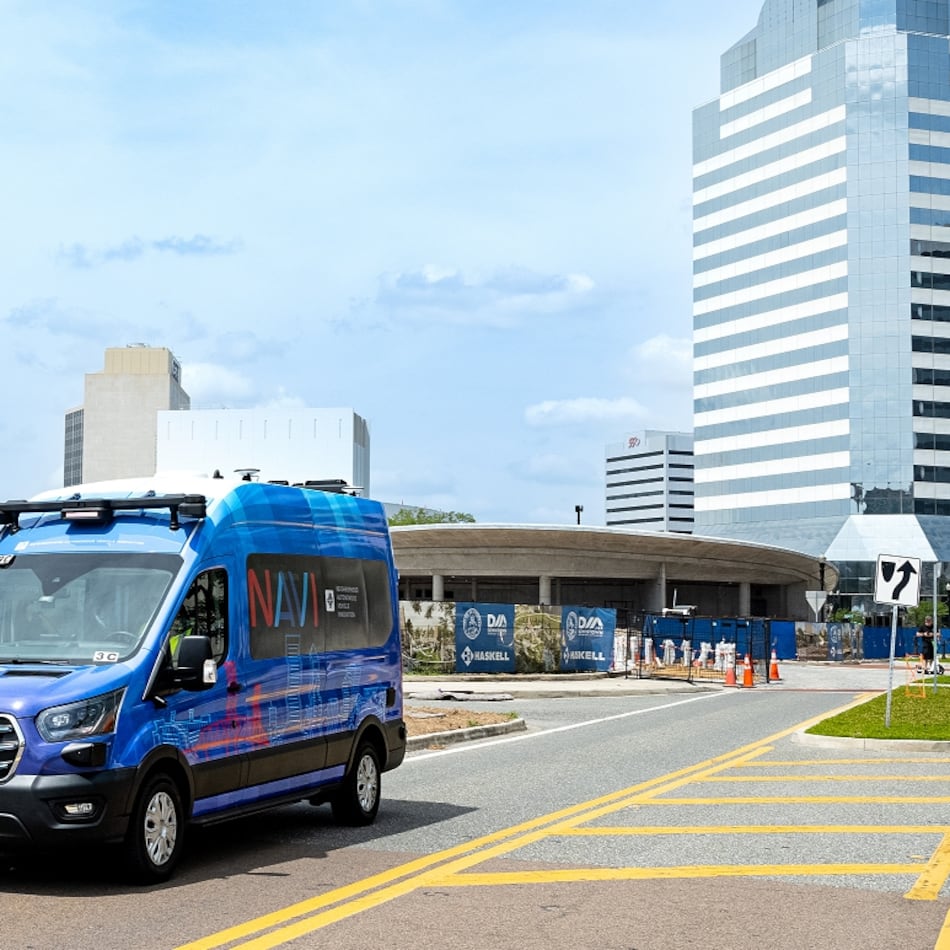LGBTQ+ youth are four times more likely to attempt suicide in comparison to their peers. Still, red tape within Southern public education has made it nearly impossible for queer youth to access lifesaving educational resources.
Health class and, more specifically, sex education are not only cornerstones in the American public school system, but a necessity for ensuring student safety. Conversely, a universal experience that I have shared with queer students across the Southern Bible Belt includes flipping through pages of state-funded health textbooks to find heteronormative language that intentionally excludes discussion on health concerns that affect LGBTQ+ people, namely the increased risk of HIV/AIDS exposure.
It is evident that the average high school student is unlikely to possess the ability to explain who Marsha P. Johnson was, what PrEP stands for, or what intersex means anatomically. That said, these are basic educational talking points that reaffirm the bottom line that LGBTQ+ inclusive content has been lagging in health and historical discussions within public schools across the United States. Opening up these discussions would not only progress the preventative health of all students but would complement well-established curriculum on social reforms in U.S. history like the Civil Rights Movement of the 1960s.
The American Psychological Association has verified studies from the Gay, Lesbian and Straight Education Network, which found that only 48% of students across the nation could access LGBTQ+ relevant content within their school library and only 55% could access LGBTQ+ inclusive content from school computers. Additionally, other reports from GLSEN found that only 19% of schools taught positive representations of LGBTQ+ history, culture and people to students. Alarmingly, 17% of the schools surveyed taught negative representations of the LGBTQ+ community that reinforce negative stereotypes on queer students.
Credit: Contributed
Credit: Contributed
These statistics point to a systemic lack of LGBTQ+ inclusive education that has only become compounded by the rise of statewide legislation banning the teaching of queer material. In particular, nine states across the South have implemented “Don’t Say Gay” laws that censor the discussion of sexual orientation and gender identity in school curriculum. Contextually, the rise of these laws, as well as their common verbiage, were catalyzed by Florida Gov. Ron DeSantis’ passage of the Parental Rights in Education Act in 2022.
In retrospect, the APA’s commitment to sharing statistics on health disparities for the queer community represents a seismic shift away from their classification of homosexuality as a mental disorder in 1973. Even with minor progress in medicine, a number of health inequalities still stand in the way of health access for Americans in the LGBTQ+ umbrella, with an emphasis on gay men, including long-standing blood donation bans, obstacles accessing family planning and reproductive health services and general health care discrimination that has restricted preventive care. In tandem, with the lack of LGBTQ-inclusive curriculum in Southern public high school education, American medical schools also lack formal and standardized curriculum to address the unique health adversity faced by queer patients.
In early 2023, I launched a stand-alone initiative to stand against these cyclic educational and medical barriers for queer students in the South. Specifically, I founded HealthPride, a queer-focused nonprofit aimed at distributing free online and physical educational materials to high schools across the South focusing on mental health resources and hotlines, health and history education, and pathways into the medical field. Nearly two years after founding HealthPride, I have worked with county directors and principals across Georgia and surrounding states to establish connections with over 500 schools, curated over 5,000 educational materials, and created sponsorships and collaborations with various LGBTQ+ leading companies and organizations. By the end of the 2024-2025 school year, hundreds of students across 10 Southern states will have access to our resources both at school and online at HealthPride.org.
Beyond my firsthand experience of queer isolation as a student and patient, executing HealthPride’s vision has only been possible through forming a board of directors filled with Southern student leaders from all walks of life.
Imperatively, HealthPride has focused on states in the Deep South with strong conservative roots. However, our objective is to open dialogues with educational leaders that take student safety and inclusion out of the political binary. If putting students first is a consensus in Southern education, equal health education must be encompassed for all regardless of sexual orientation or gender identity — not only for the sake of current LGBTQ+ students, but also to shape the next generation of health care professionals.
Alex Royal is the founder of HealthPride, a queer-focused nonprofit aimed at distributing free online and physical educational materials to high schools across the South focusing on mental health resources and hotlines, health and history education, and pathways into the medical field. Alex is a junior at Riverwood International Charter School in Fulton County.
About the Author
Keep Reading
The Latest
Featured


